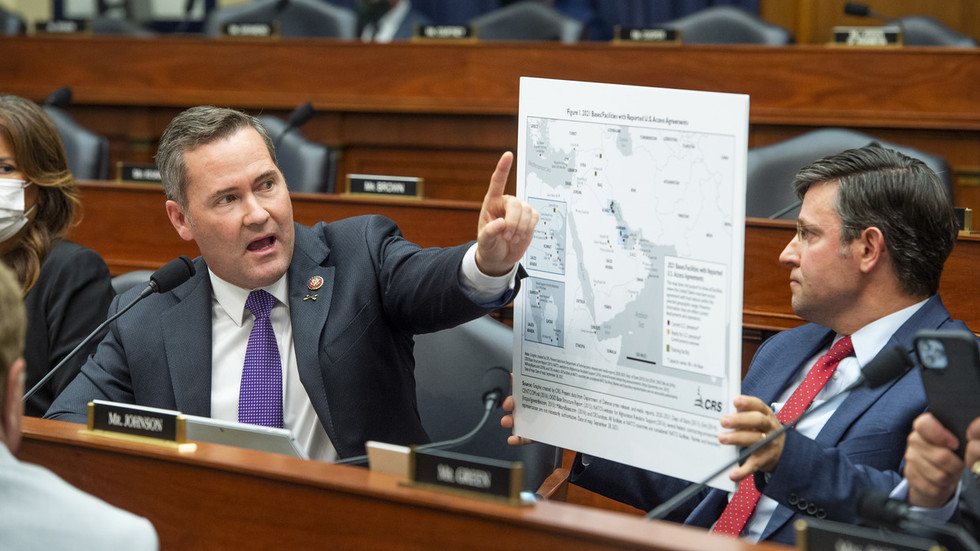US Congressman Mike Waltz, a vocal critic of China and a seasoned military veteran, has been appointed by President-elect Donald Trump as his new national security advisor. This significant decision reflects Trump’s commitment to an “America First” foreign policy, aimed at reinforcing the nation’s standing on the global stage. Waltz, a Republican representing Florida, has gained recognition for his strong stances against Chinese influence and his skepticism regarding U.S. aid to Ukraine. By choosing Waltz, Trump aims to consolidate his strategy of peace through strength, committing to confront global challenges head-on while keeping allies close and maintaining a robust stance against adversaries. The national security advisor role is pivotal in shaping foreign policy and guiding key decisions, with Waltz’s experience positioning him as an influential figure in the incoming administration.
Waltz’s extensive military background includes nearly 30 years of service, where he participated in critical combat missions in diverse locations such as Afghanistan, the Middle East, and Africa. Having transitioned to a political career in 2018, he quickly made an impact, championing national security issues, particularly concerning China. Waltz’s previous roles include serving as defense policy director under Secretaries Donald Rumsfeld and Robert Gates, which adds to his credentials as a knowledgeable figure on defense and foreign relations. His personal life also intersects with the political sphere, as his wife, Julia Nesheiwat, was part of Trump’s homeland security team during his first term, indicating a close familial connection to the administration’s policies.
The congressman is a crucial member of the House China Task Force, actively developing legislative measures to counter what he describes as “threats” posed by China’s assertive behavior. He has introduced various bills intended to mitigate Chinese influence globally, frequently condemning the nation for its ambitions to replace the United States as a global leader. Waltz has urged for decisive action against China’s aggressive activities in the Indo-Pacific region, emphasizing the need for a robust U.S. response. His proactive approach indicates a willingness to engage with complex foreign policy challenges, particularly regarding the rising tensions between the U.S. and China.
In addition to his positions on China, Waltz has voiced distinct opinions regarding the U.S. involvement in the Ukraine conflict. He argues that Washington should leverage its influence to facilitate negotiations between Ukraine and Russia, advocating for a balanced approach that maintains U.S. interests while seeking diplomatic solutions. This stance highlights his nuanced understanding of global politics, where military might must be balanced with strategic diplomacy. In contrast to some of his counterparts, Waltz appears to favor dialogue as a means to resolve ongoing conflicts, suggesting a layered perspective on foreign policy.
Trump’s previous experiences with national security advisors have been tumultuous, having dismissed both H.R. McMaster and John Bolton from their posts due to differing views and approaches to foreign policy. Waltz’s appointment marks a shift towards a more cohesive strategy aligned with Trump’s vision. Given the president’s past criticism of Bolton, whom he labeled as a significant error in judgment, Waltz’s clear alignment with Trump’s ideology could provide greater stability in shaping the administration’s future foreign policy direction.
In summary, Congressman Mike Waltz’s selection as national security advisor reflects a decisive approach towards international relations under the Trump administration. His military background, combined with a strong stance against China and a measured approach to the Ukraine situation, positions him as a significant figure in navigating the complexities of global politics. As he embarks on this influential role, Waltz aims to provide strategic guidance that aligns with Trump’s America First agenda, fostering a robust defense posture while prioritizing U.S. interests in a rapidly evolving world.

